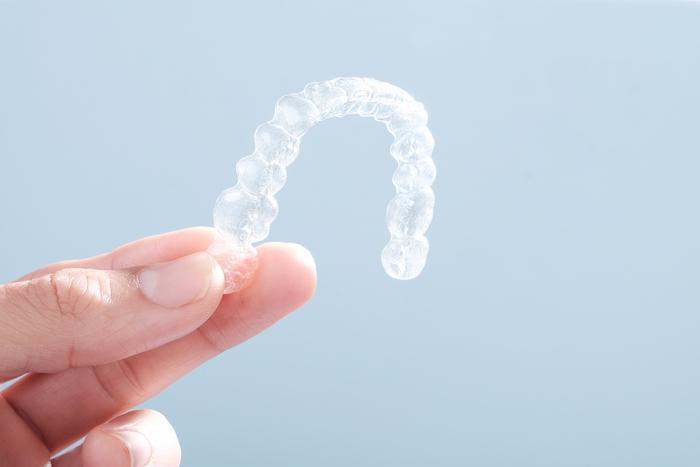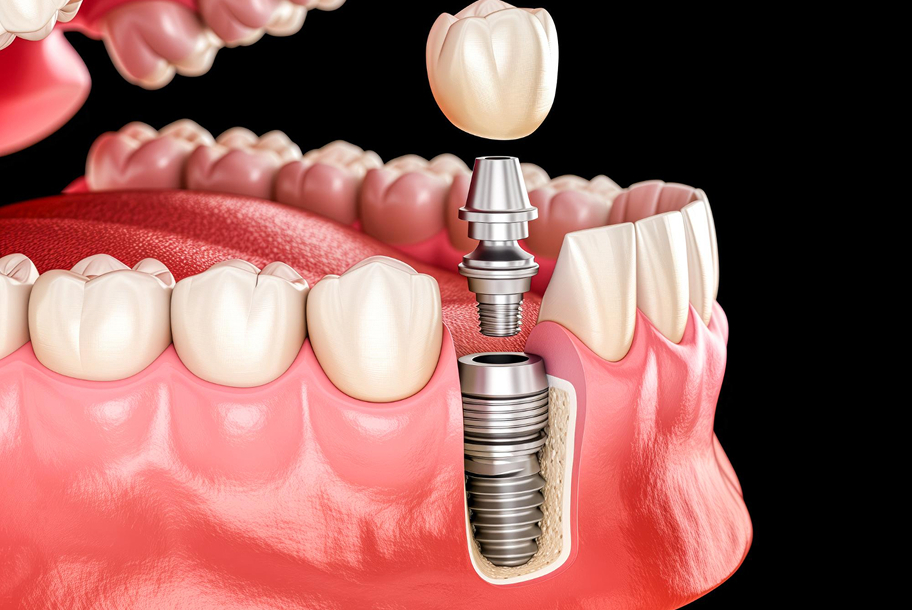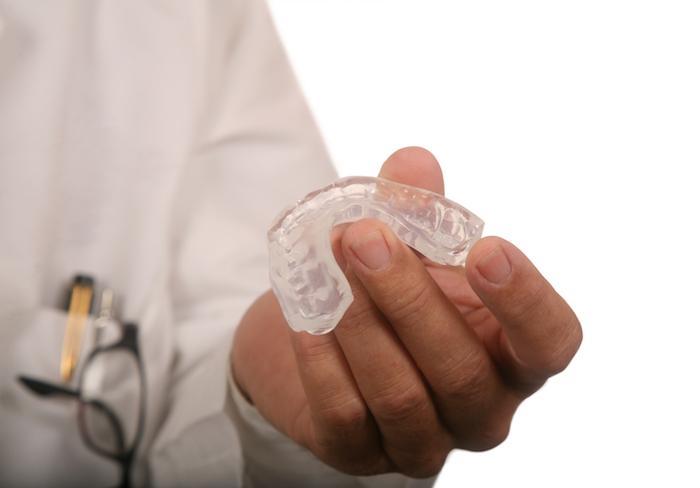
Finding quick relief is the ultimate priority when dealing with a cracked tooth. Luckily, modern dentistry offers effective solutions to repair and restore your smile. But with so many advanced options like dental bonding and crowns, how do you choose?
That’s where we come in! At Arya Dental, Saeed Mokhayeri, DDS, Hengameh Safarcherati, DDS, and our team of experts in Fullerton, CA, we offer a range of services for your dream smile. We’ll help you explore the differences between dental bonding and crowns and discuss which might be the most suitable choice for your cracked tooth.
Understanding dental bonding
Let’s start by getting you better acquainted with dental bonding. Also known as composite bonding, dental bonding is a cosmetic procedure used to repair minor cracks and chips in your teeth. Here’s what you need to know.
Procedure
Our team applies a tooth-colored composite resin material directly to your cracked tooth during the dental bonding procedure. The resin is then shaped and molded to match the natural contours of your tooth.
Versatility
Dental bonding can address various cosmetic issues, including cracks, chips, gaps, and discoloration. It’s a versatile and minimally invasive option for improving your smile.
Durability
While dental bonding can provide effective short-term results for minor cracks, it may not be as durable as crowns. The bonding material may chip or wear down over time, which may require periodic touch-ups or replacements.
Exploring dental crowns
On the other hand, dental crowns, also known as caps, are prosthetic restorations that encase your damaged or weakened tooth to restore its shape, strength, and appearance. Here’s what you need to know about dental crowns:
Procedure
With dental crowns, you can typically expect two appointments. Our team prepares your cracked tooth during your first visit by removing damaged tissue and shaping it for the crown. We then take an impression and send it to a dental lab for custom crown fabrication. We bond the permanent crown onto your prepared tooth during your second visit.
Strengthen and protection
Dental crowns offer superior strength and protection for cracked teeth compared with dental bonding. Crowns cover the entire visible portion of your tooth above your gum line, reinforcing and preventing further damage.
Longevity
If you follow our care and maintenance guidelines, dental crowns can last for many years. They are highly durable and resistant to wear-and-tear, making them a reliable long-term solution for cracked teeth.
Factors to consider
So, if you’re still torn between dental bonding and crowns for your cracked tooth, here are a few more factors to consider.
Severity of the crack
First things first, it’s important to consider the extent and severity of the crack of your tooth. This will influence which treatment to choose, with dental bonding being more suitable for minor cracks and dental crowns being more supportive for extensive cracks.
Cosmetic concerns
If your cracked tooth is located in a visible area of your smile, you might want to consider the most cosmetic choice. Dental bonding offers a natural-looking, seamless repair for minor imperfections, while crowns can provide more comprehensive coverage and aesthetic enhancement.
Budget and insurance coverage
Last, it’s important to consider which option works best with your budget. Dental bonding is generally less expensive than crowns, but insurance coverage and out-of-pocket expenses should be considered as well.
Ultimately, the best way to decide which service is best for your cracked tooth is to consult with our team of experts. We’ll evaluate the extent of the damage, discuss your treatment goals and preferences, and recommend the most suitable option based on your individual needs.
So, if you’re ready to learn more, don’t hesitate to give us a call at (714)646-9546 or use our online booking tool to request an appointment with us today!






